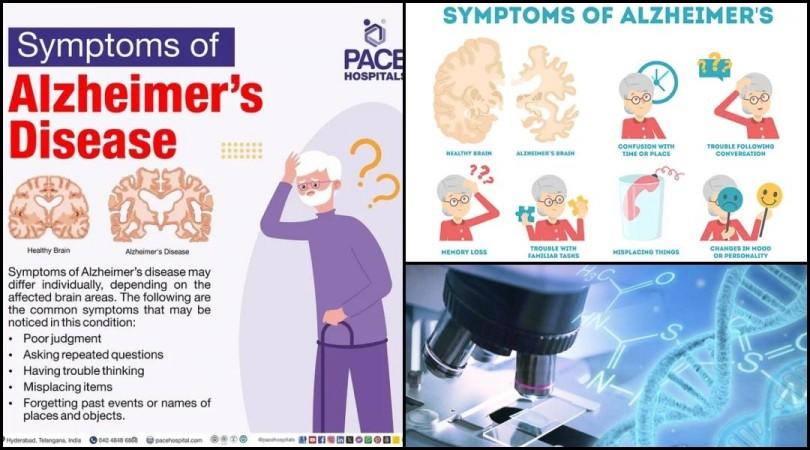
A groundbreaking development in Alzheimer's research has emerged from the University of California San Diego School of Medicine, where scientists have introduced a novel gene therapy that could transform the treatment landscape for this debilitating disease. Alzheimer's, the leading cause of dementia, affects approximately 57 million people globally, accounting for 60-70% of dementia cases. The disease is characterized by the accumulation of abnormal proteins in the brain, leading to the death of brain cells and a decline in cognitive function and memory.
Current treatments primarily focus on managing symptoms, but this new gene therapy aims to address the root cause of Alzheimer's by influencing the behavior of brain cells. The research, published in the journal Signal Transduction and Targeted Therapy, investigated the effects of hippocampal SynCav1 delivery in two distinct preclinical mice models. The results were promising, showing that delivering the treatment at the symptomatic stage of the disease preserved hippocampal-dependent memory, a critical aspect of cognitive function often impaired in Alzheimer's patients.

Furthermore, the treated mice exhibited a similar pattern of gene expression to healthy mice of the same age, suggesting that the therapy has the potential to alter the behavior of diseased cells and restore them to a healthier state. "While multiple newly FDA-approved treatments focus on targeting amyloid-beta clearance in Alzheimer's patients, the therapeutic value of SynCav1 lies in its ability to protect vulnerable neurons and augment cellular responses -- mechanisms that differ from currently approved therapies," the researchers noted in their paper.
Innovative Approaches in Alzheimer's Treatment
The development of this gene therapy is part of a broader trend in medical research, where scientists are increasingly focusing on the underlying mechanisms of diseases rather than just their symptoms. This shift in approach has led to significant advancements in the treatment of various conditions, including cancer, heart disease, and genetic disorders. For instance, a recent study highlighted the potential of a sleep aid, lemborexant, in reducing tau accumulation and brain cell death in male mice. This selective mechanism, which blocks orexin receptors, showed benefits in protecting the brain from Alzheimer's damage.
"We are hopeful this finding will lead to further studies of this sleep medication and the development of new therapeutics that may be more effective than current options either alone or in combination with other available treatments," researchers stated. Similarly, a promising genetic treatment was recently developed for a baby born with a rare, life-threatening genetic disorder. This bespoke therapy, tailored to specifically repair the child's unique mutation, has shown potential in reducing the risk of brain damage and possibly even death. "It's really exciting," said Dr. Rebecca Ahrens-Nicklas, an assistant professor of pediatrics and genetics at the Children's Hospital of Philadelphia and the University of Pennsylvania, who treated the child. "He's a pioneer."
These advancements underscore the importance of personalized medicine and the potential of gene therapy to transform the treatment landscape for various diseases. By targeting the root causes of conditions, rather than just their symptoms, researchers are paving the way for more effective and long-lasting treatments.












